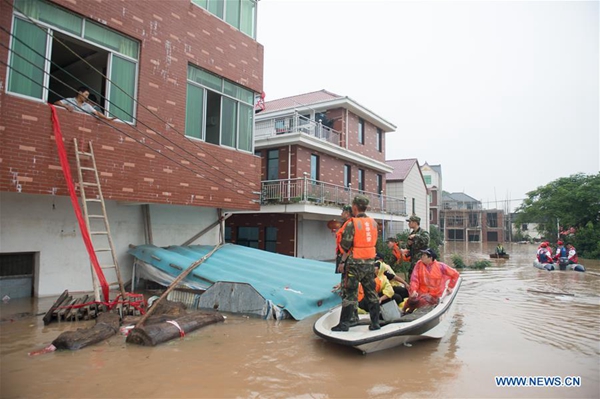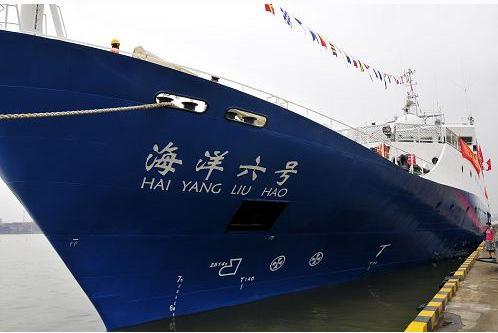Police punish Beijing students for bullying
![[File photo: jlonline.com]](http://images.china.cn/attachement/jpg/site1007/20170627/b8aeed9906a71abbf5f205.jpg) |
|
Five students have been put in administrative detention and fined, after a video of them bullying a schoolmate went viral on the Internet. [File photo/jlonline.com] |
Five students have been put in administrative detention and fined, after a video of them bullying a schoolmate went viral on the Internet.
In the video, the victim was standing in a toilet, while the bullies forced him to touch excrement. School uniforms worn by the students indicated that the incident happened in a school in Beijing’s Yanqing District.
Police with the Yanqing District Branch of Beijing Municipal Public Security Bureau said Monday that the video was taken on Thursday. The seven students involved in the case also extorted more than 100 yuan (15 U.S. dollars) from the victim and physically abused him.
Of the seven bullies, two were exempted from punishment because they are under the age of 14, although their guardians were told to be stricter with them, police said.
Education authorities in Yanqing District placed two of the students under surveillance, while gave demerits on the records of four. Another bully was given a warning. The parents of the seven students were summoned for talks.
There have been frequent media reports on bullying in China’s schools recent years.
In December 2016, a Beijing mother’s article describing her 10-year-old son’s treatment at school, went viral. After having a toilet waste-paper basket thrown on his head and being mocked by other classmates, the fourth-grade boy was diagnosed with an acute stress disorder, a mental illness characterized by severe anxiety.
In April 2016, another video went viral showing a schoolgirl being slapped more than 30 times by a group of older girls. Police detained a number of the perpetrators.


